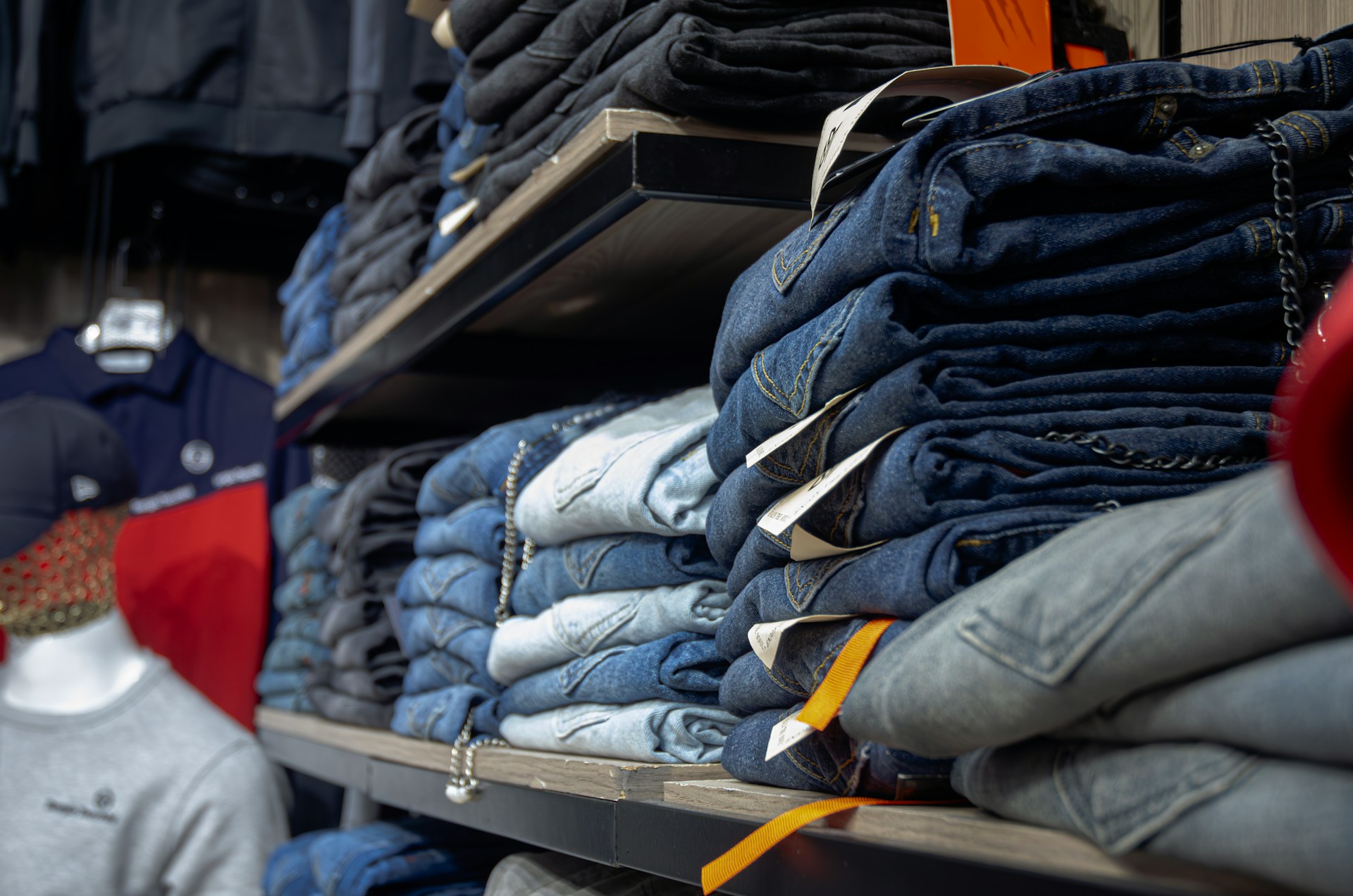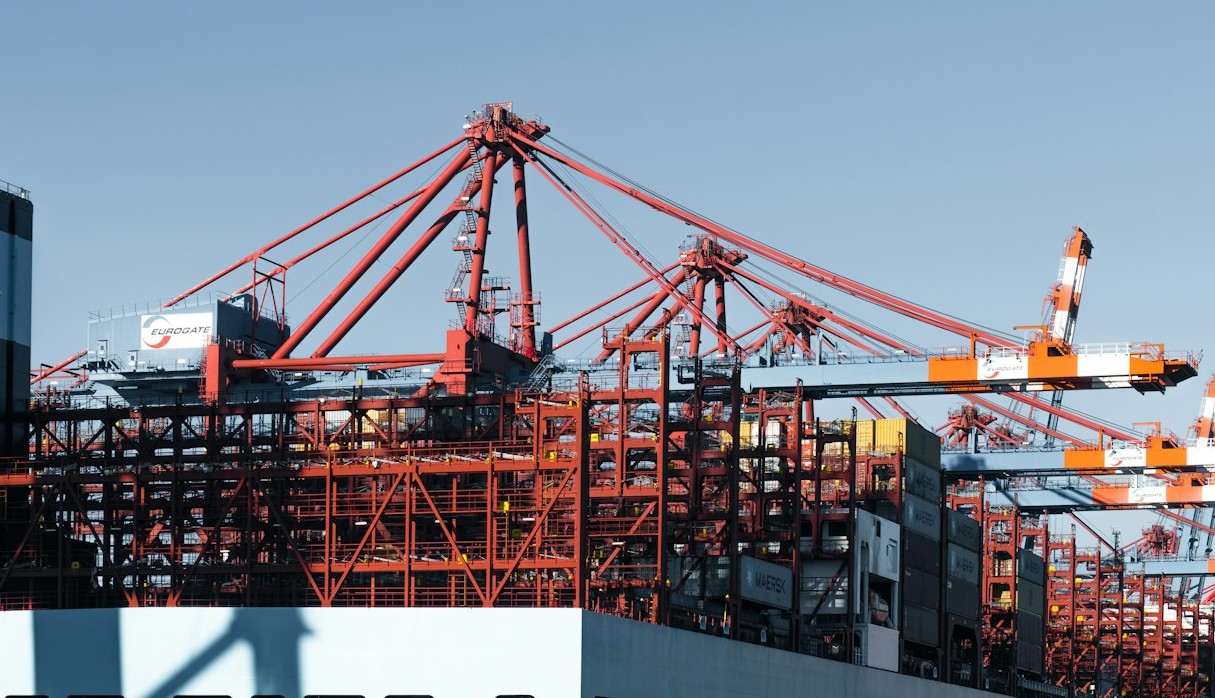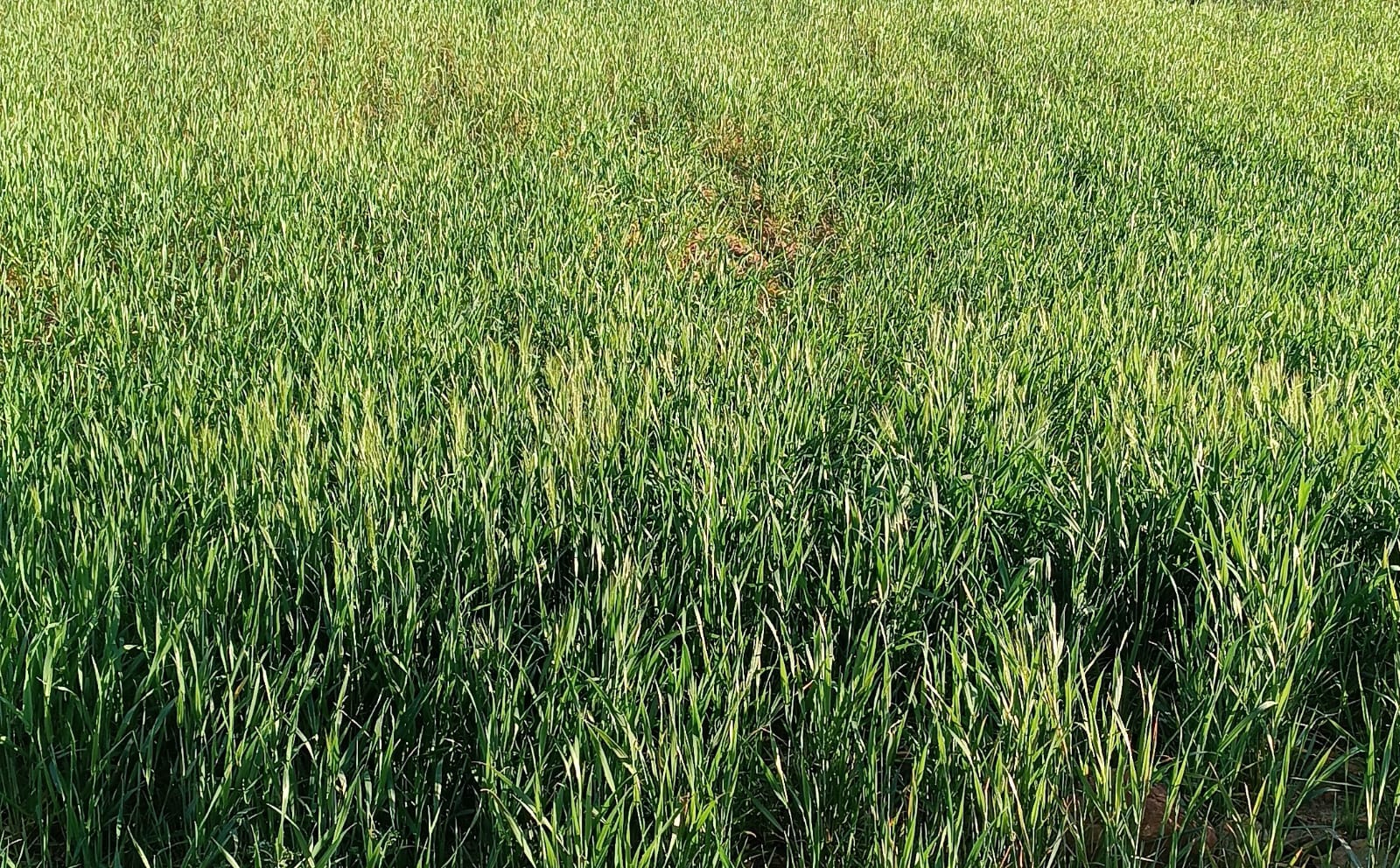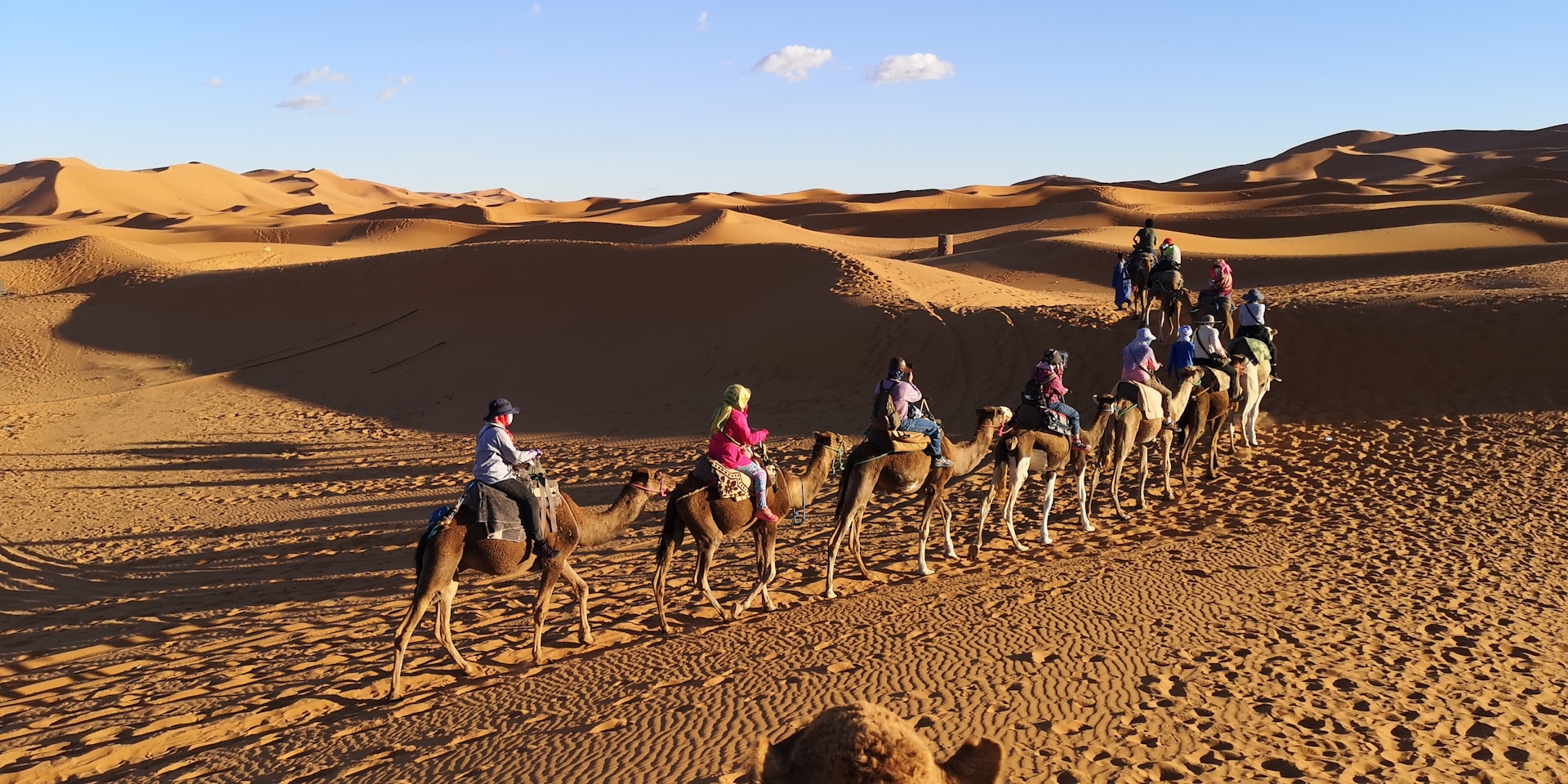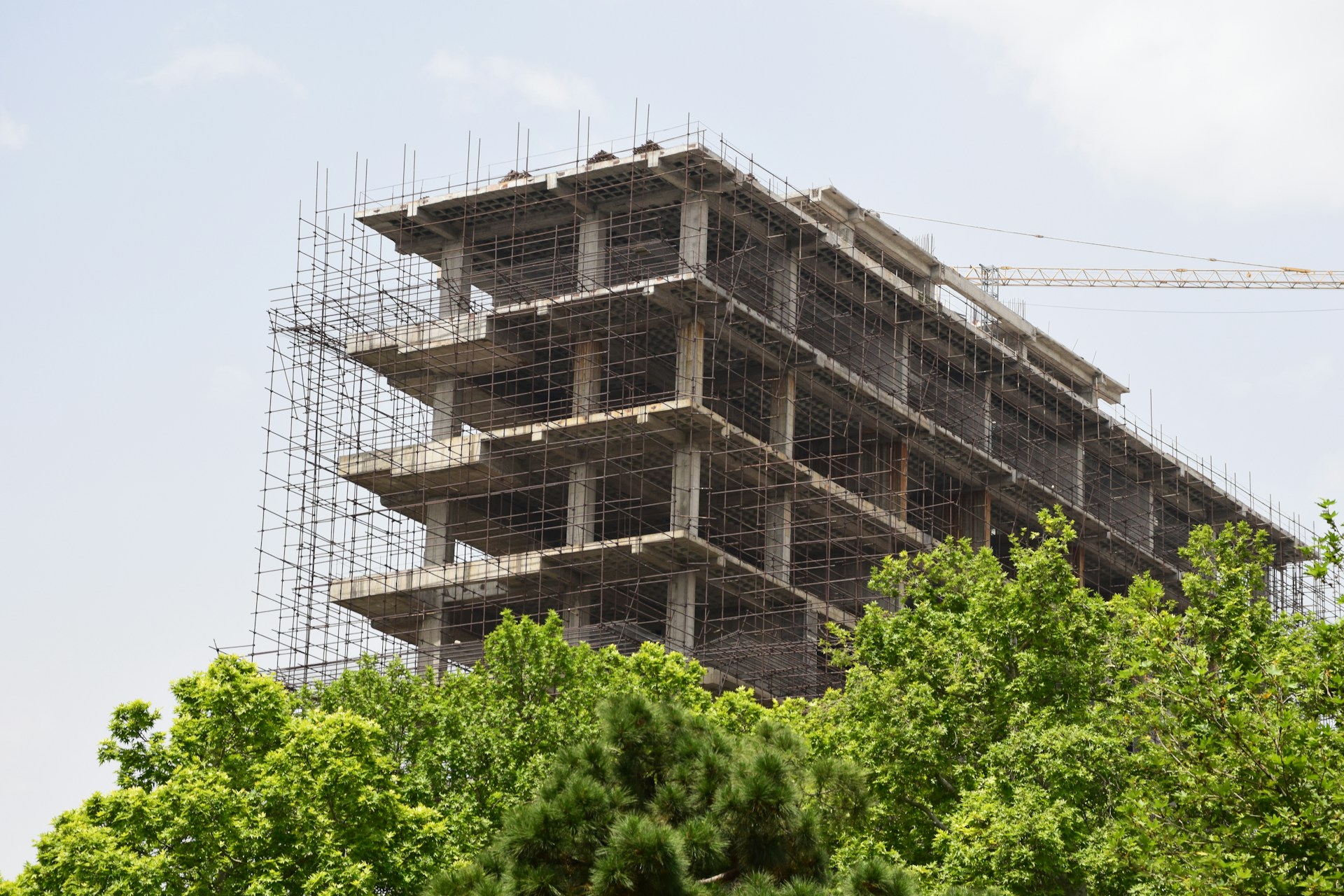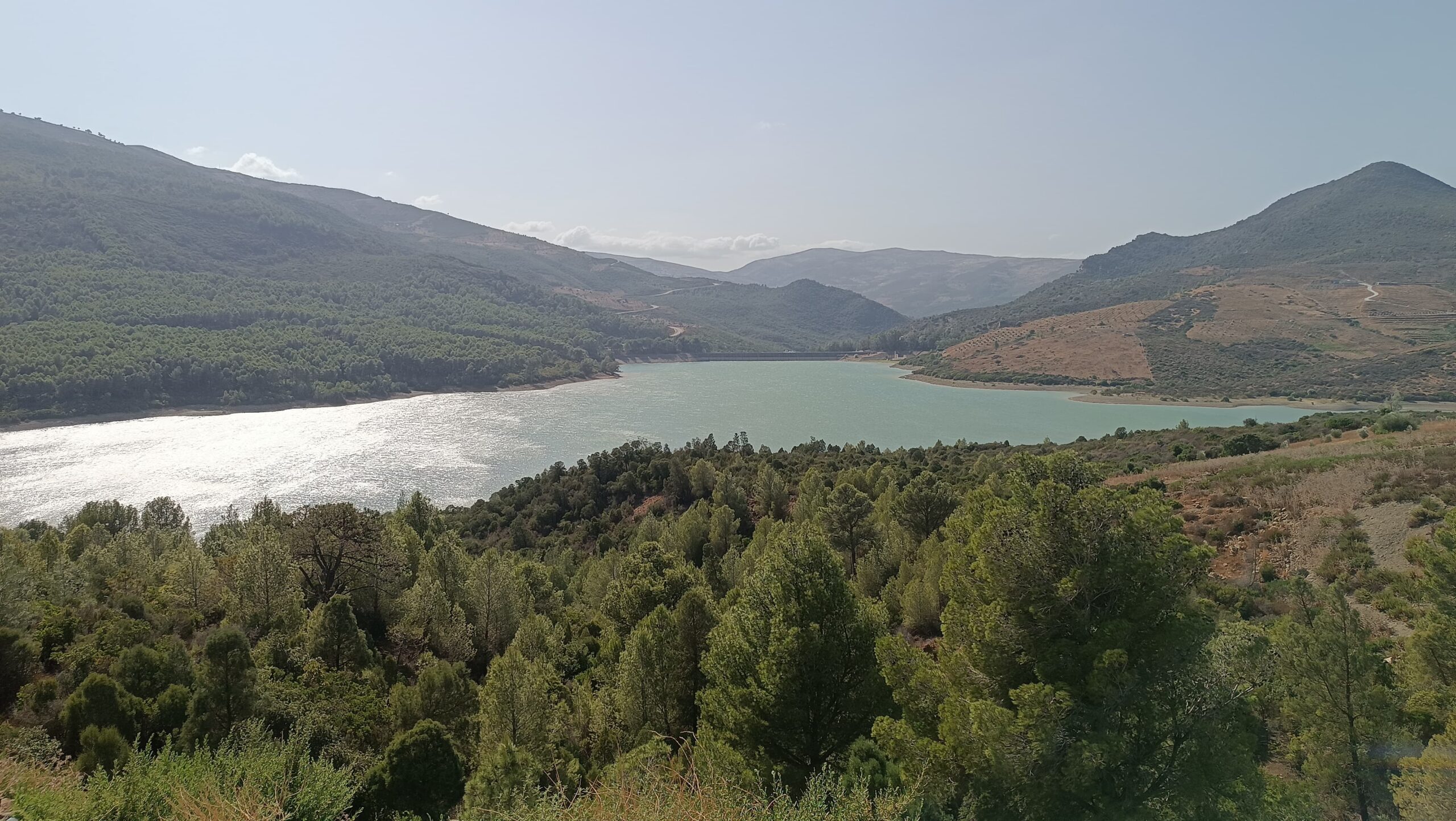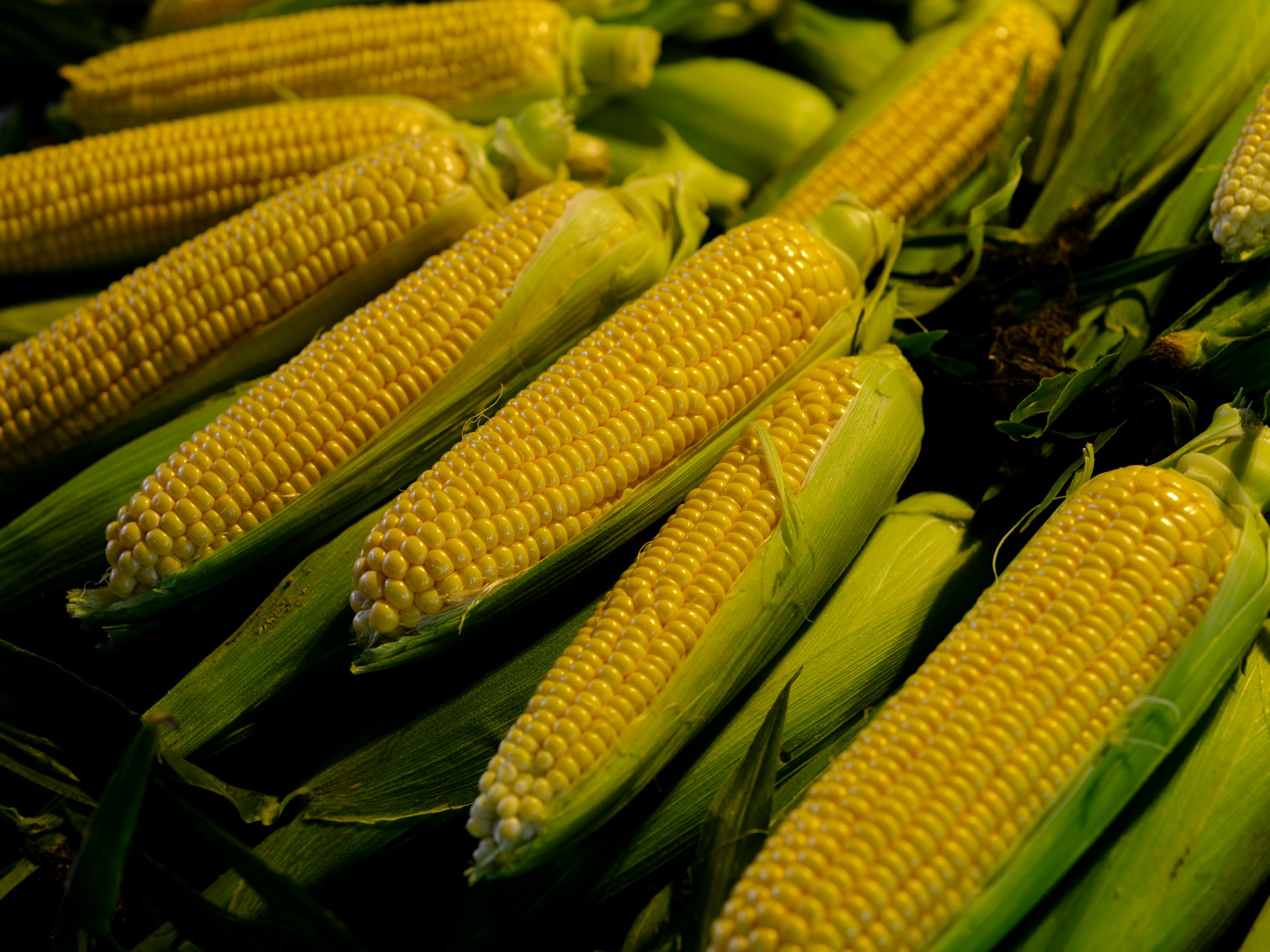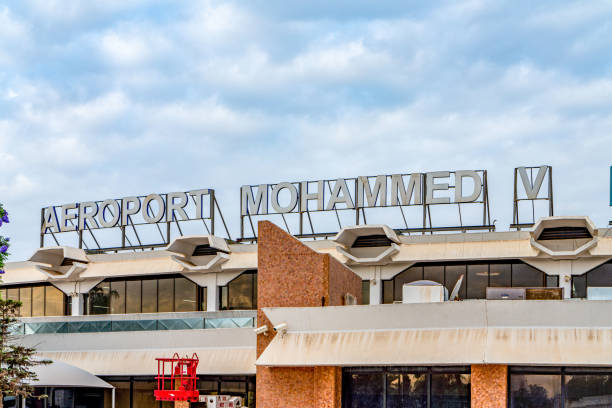Casablanca – Morocco is witnessing a historic transformation in the cultivation and export of cannabis, shifting from decades of illicit production to a fully regulated legal industry with promising economic prospects. This evolution is marked by significant growth in authorized cultivation areas, increasing numbers of licensed farmers and cooperatives, and the country’s first official exports of medical cannabis and cannabidiol (CBD) to new international markets including Australia and the Czech Republic.
Rapid expansion of legal cannabis cultivation
Following the adoption of Law 13-21, which legalizes and regulates cannabis for medical and industrial purposes, Morocco has made considerable strides in structuring its cannabis sector. In the 2025 agricultural season, the area cultivated with the local “Beldiya” cannabis variety soared to approximately 4,400 hectares—more than triple the roughly 1,400 hectares recorded in the previous year.
These cultivated lands are concentrated mainly in three northern provinces: Taounate, Chefchaouen, and Al Hoceima. The legal farming community comprises around 4,500 farmers organized in about 250 cooperatives, indicating strong grassroots participation and cooperative management of this emerging sector.
In addition to the local variety, imported cannabis seeds have been authorized for cultivation. The National Office for Food Safety (ONSSA) granted licenses covering 1,340 hectares this year, involving approximately 1,650 farmers across 50 cooperatives. These efforts reflect a diversified production strategy designed to meet different market and product needs.
Harvesting of the Beldiya variety is underway, with roughly 500 hectares already harvested and plans to complete the process by the end of September. Seedlings from imported varieties have also been planted on an additional 100 hectares, signaling continued expansion and diversification.
Institutional support and legal framework
The transformation from illicit cultivation to a legal, regulated industry is backed by a comprehensive legal and institutional framework. The National Agency for the Regulation of Activities Related to Cannabis (ANRAC) plays a pivotal role in supervising cultivation, processing, and export activities. It coordinates closely with national health authorities, food safety agencies, and international partners to ensure compliance with strict legal, health, and environmental standards.
This regulatory oversight guarantees product quality, traceability, and conformity with importing countries’ requirements, laying the foundation for Morocco’s reliable reputation in the international cannabis market.
Opening new international markets
Morocco’s first significant foray into the global medical cannabis trade took place in mid-2025, when the country exported its inaugural shipment of 50 kilograms of the Beldiya medical cannabis variety to Australia. This shipment followed a successful test batch sent earlier in the year and represented Morocco’s formal integration into the worldwide medical cannabis sector.
The National Agency for Cannabis Regulation managed the export process meticulously, ensuring coordination with Australian pharmaceutical laboratories and authorities to meet all legal and health requirements specified by the importer.
Simultaneously, Morocco also completed its first export of cannabidiol (CBD) to the Czech Republic, marking its entry into the European market known for strict import standards. These exports are part of a strategic effort to diversify cannabis products and expand Morocco’s international partnerships beyond traditional markets.
Prior to these developments, Morocco had already exported medical cannabis products to Switzerland and South Africa, demonstrating a broadening international footprint.
Domestic innovation and regional economic impact
In parallel with export activities, Morocco has initiated pilot projects to modernize cultivation techniques, such as the first greenhouse-based cannabis farming project in Bab Berred, Chefchaouen province. This model project, led by a licensed specialized company, aims to create a controlled, secure production environment aligned with national legal and environmental objectives.
Such projects are expected to transform northern mountainous regions historically associated with illicit cannabis farming. By introducing legal cultivation under state supervision, these initiatives offer local communities stable income sources, employment opportunities, and compliance with health and environmental standards.
Economic prospects and future outlook
The legal cannabis sector is rapidly emerging as a significant economic driver for Morocco. In 2024, the country’s legal cannabis production reached over 4,000 tons cultivated on more than 3,000 hectares, mostly in the Rif region. The number of licensed farmers exceeded 2,600, underscoring growing participation.
Industry experts estimate that by 2028, Morocco could generate between $430 million and $645 million annually from medical cannabis exports, potentially capturing 10% to 15% of the European market. This growth promises not only to formalize a previously underground economy but also to foster pharmaceutical innovation, regional development, and sustainable agriculture.
Morocco’s journey from clandestine cannabis cultivation to a regulated, export-oriented industry exemplifies a successful legal and economic transition. Through robust legislation, institutional support, and international cooperation, the Kingdom is positioning itself as a trustworthy and competitive player in the global medical cannabis market. The ongoing expansion of cultivation areas, increasing export activities, and innovative projects on national soil collectively contribute to transforming local communities and establishing a dynamic, sustainable cannabis sector.


